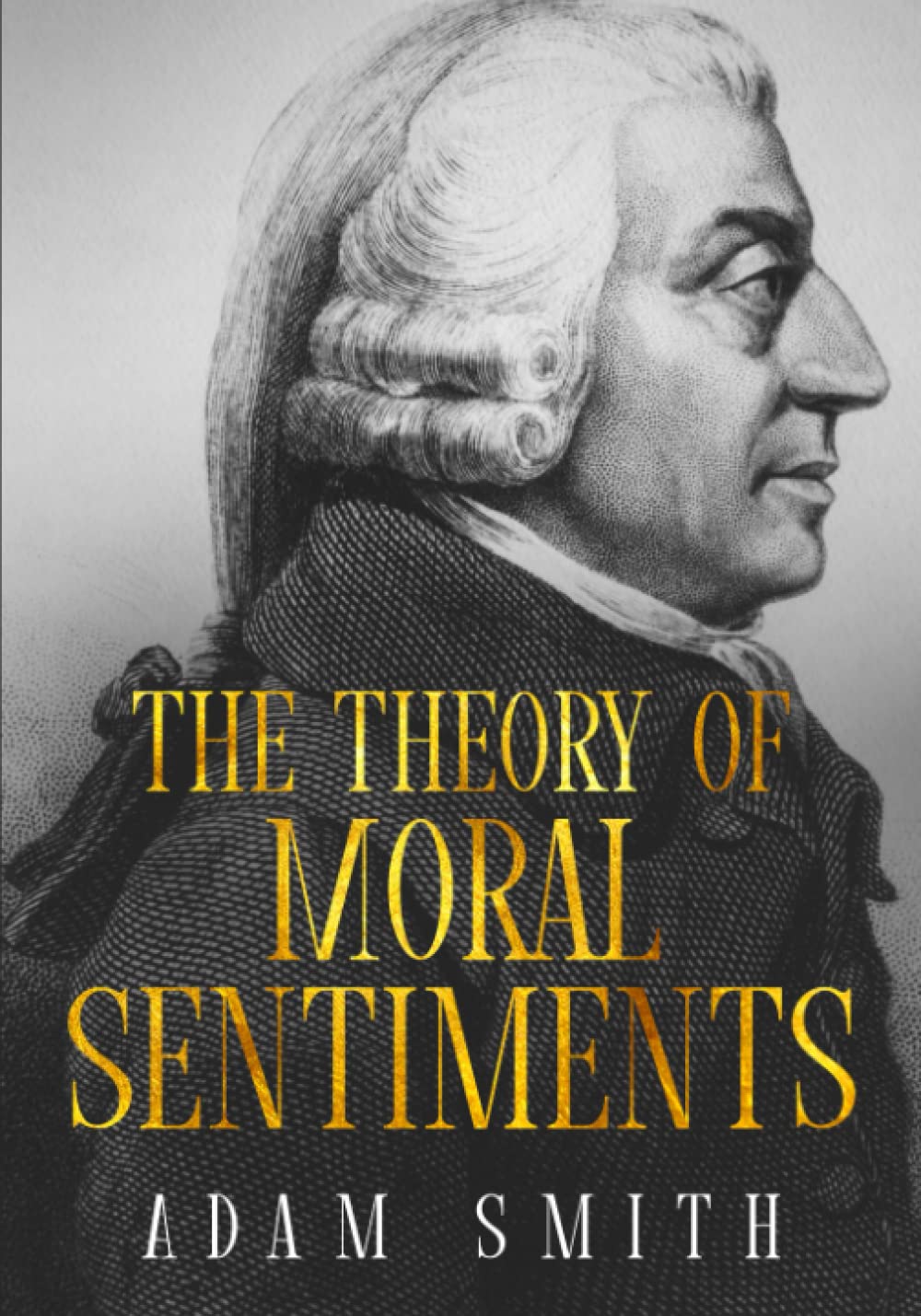
The Theory Of Moral Sentiments was a real scientific breakthrough. It shows that our moral ideas and actions are a product of our very nature as social creatures. It argues that this social psychology is a better guide to moral action than is reason. It identifies the basic rules of prudence and justice that are needed for society to survive, and explains the additional, beneficent, actions that enable it to flourish.
Self-interest and sympathy. As individuals, we have a natural tendency to look after ourselves. That is merely prudence. And yet as social creatures, explains Smith, we are also endowed with a natural sympathy – today we would say empathy – towards others. When we see others distressed or happy, we feel for them – albeit less strongly. Likewise, others seek our empathy and feel for us. When their feelings are particularly strong, empathy prompts them to restrain their emotions so as to bring them into line with our, less intense reactions. Gradually, as we grow from childhood to adulthood, we each learn what is and is not acceptable to other people. Morality stems from our social nature.
Justice and beneficence. So does justice. Though we are self-interested, we again have to work out how to live alongside others without doing them harm. That is an essential minimum for the survival of society. If people go further and do positive good – beneficence – we welcome it, but cannot demand such action as we demand justice.
Virtue. Prudence, justice, and beneficence are important. However, the ideal must be that any impartial person, real or imaginary – what Smith calls an impartial spectator – would fully empathize with our emotions and actions. That requires self-command, and in this lies true virtue.

